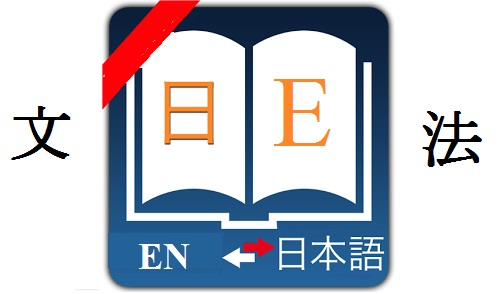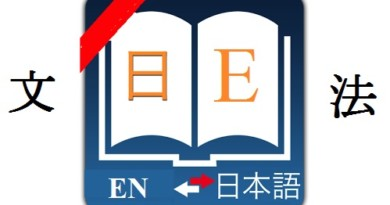Japanese たところが grammar tatokoroga
Let’s learn Japanese たところが grammar tatokoroga :
Formation :
Vたところが
Meaning and how to use :
Describe something that is contrary to hope, prediction.
Example:
今日は雨だと思ったところが、晴れだ。
Kyou ha ame da to omotta tokoro ga, hare da.
I thought it was raining today, but it was sunny.
彼はぜひ行くと言ったところが、私が午前中待っていたのに彼が来ない。
Kare ha zehi iku to itta tokoro ga, watashi ga gozenchuu matteitanoni kare ga konai.
He said he would definitely come, but I waited for him in the morning and he hasn’t come yet.
あの人はだめだと言ったところが、反対に行動した。
Anohito ha dame da to ittatokoroga, hantai ni koudoushita.
He said it was impossible, but he acted opposite to what he said.
田中さんは何度も皆に「遅刻しないでください」と注意したところが、自分が皆に30分も待たせました。
Tanaka san ha nando mo mina ni”chikokushinaidekudasai” to chuuishita tokoro ga, jibun ga mina ni sanjuppun mo matasemashita.
Mr. Tanaka reminded everyone many times that “Don’t be late”, but he kept everyone waiting for him for 30 minutes.
明日雪が降ると思ったところが、何もなかった。
Asu yuki ga furu to omotta tokoro ga, nani mo nakatta.
I thought it would snow the day after, but there was nothing.
Note: You can’t omit the particle「が」.
Above is Japanese たところが grammar tatokoroga. If you don’t understand the signs we used in formation, you can find their meaning here : signs used in Japanese grammar structures.
You can search the structure you want by using the search tool on our website (using key : grammar + ‘structure name’ or you can find more Japanese grammar structures in the following category : Japanese grammar dictionary
